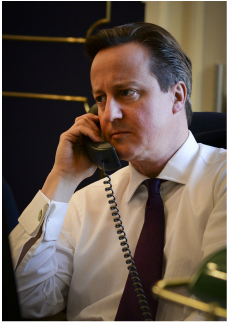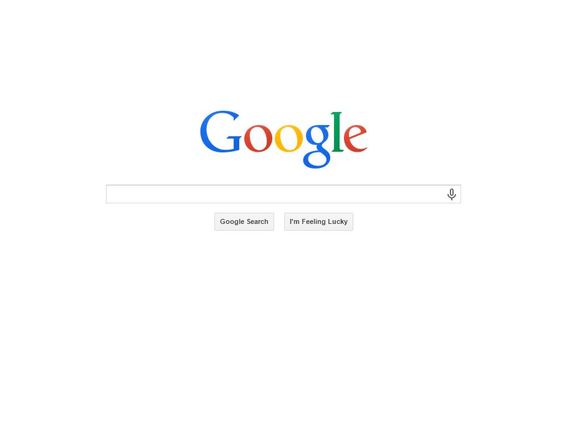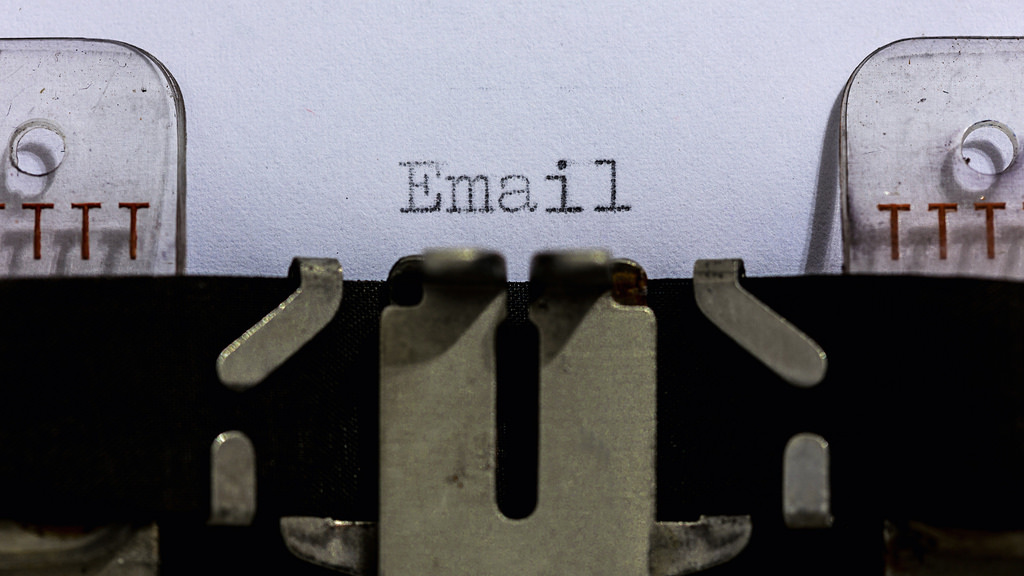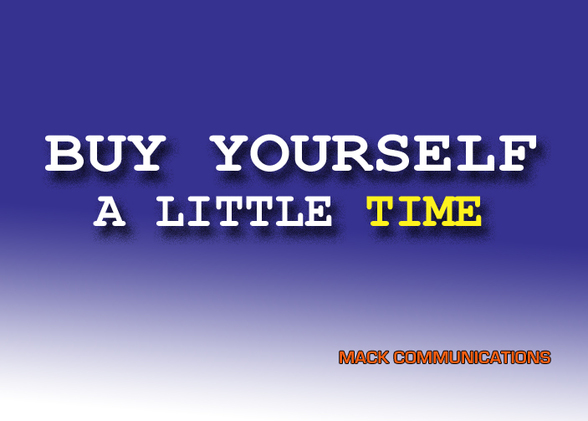 Earned media is one of the most effective ways to tell your story. By having a credible news organization or online publication carry about a story about you or your products and services, you will reap incredible benefits. But, earned media is called "earned" for a reason. You have to work at it. It takes one's proverbial blood, sweat and tears, not to mention time. Unfortunately, many people don't have the patience for an earned media campaign. They want instant results. I once heard a successful businessman say that he demanded to know of a prospective public relations firm just how many placements he could expect for his monthly retainer. When the firm couldn't guarantee a specific number he said he wasn't interested.
0 Comments
Once upon a time, dealing with the media meant dealing with paid media, owned media and earned media. Paid media consists of traditional ads that you see on television, hear on the radio and see in print publications. Owned media is content created by and owned by a company or organization such as marketing materials and white papers. Earned media is basic press coverage that appears in traditional news outlets.
All of these are now melding together - converging - along with promoted brand content, blog posts, podcasts, ebooks and videos. It's hard to keep them all separate. Some of our clients aren't sure how to prioritize or become enamored with the latest fad. One of the lessons we emphasize with clients is to avoid jargon, industry terms and buzz words whenever possible. You want to make sure a reporter understands your story, and that may be difficult if she doesn't speak your language.
Acronyms and abbreviations are another case in point. If you're going to use one always provide the full description first and then use the acronym or abbreviation from then on. For example, a story involving the CDC would first state "Centers for Disease Control" and thereafter use CDC. It's probably not necessary for terms that are better known, such as the FBI, IBM or CNN. The question of how best to pitch a journalist came up again recently at a gathering of public relations professionals. We listened to a panel of editors and, in one case, a broadcast journalist, explain how they liked to be approached about a possible story.
In a nutshell, each one had a slightly different take. No two reporters or editors handle their jobs in the same way, although they had some points in common. What that means for telling your story to the media is that you'll want to avoide a cookie cutter, one size fits all, approach. Some reporters will take phone calls. Some will not. Most like email, but are quick to point out that they over deluged with so many emails each day that they cannot carefully consider each one. So, here are a few key takeaways: If a reporter calls to do a story about you or is interested in getting your take on a particular issue, it might seem natural to just start talking. Well, that's the last thing you'd want to do.
Never agree to an interview until you've had time to prepare. Simple as that. So, here are a few tips for buying yourself a little time so that you can sound your best and convey your strongest message. Have someone else handle the initial call if at all possible. If you have a public relations firm or department, the call should be directed to them. If not, you'll want your administrative assistant or someone else on staff to screen the call to get as much information as possible ahead of the interview. For example:
It's tough getting media coverage, especially if you're a small player in a major media market or your subject plays to a fairly narrow niche. Maybe it's time to consider a joint venture. That is, partnering with another organization to strengthen your reach and news value.
The key for this kind of media relations is finding a strategic partner that can benefit from what you have to offer, and you can benefit from their following. An example would be an individual or organization that needs a place to host an event, and your facility not only has the space but you appeal to the same constituency or market segment. You may not be the main attraction, but you benefit by being mentioned in all of the publicity leading up to the event. And, the event, itself, brings in new foot traffic through your doors that you might not otherwise have seen. |
tags
All
Archives
March 2019
|
Photos from Meet the Media Guru, Joseph.Morris, BoldContent, MDGovpics, Grzegorz Łobiński, Mr Moss, North Charleston, ITU Pictures, wistechcolleges, .v1ctor Casale., www.audio-luci-store.it, katielips, editor64, NeighborLink Fort Wayne, AMagill, timsackton, MyFWCmedia, Matt J Newman, Mr.TinDC, Skley, mikecogh, othompsonski, wayne's eye view, Elvert Barnes, woodleywonderworks, North Charleston, MoBikeFed, flossyflotsam, North Charleston, NYCDOT, US Mission Geneva, jjandames, aalborgstift, BurnAway, A. Germain, North Charleston, NCDOTcommunications, IAEA Imagebank, The Chapman Cultural Center, hitsnooze, Wiertz Sébastien, charliekwalker, cliff1066™, TheeErin, woodleywonderworks, dane brian, Aramil Liadon, 2010 World Wheelchair Basketball Championships, Ty Nigh, freddthompson, Nadia Szopinska, west.m, stormwarning., Bright Meadow, Giorgio Montersino, Chris Erwin, Aplomb, jfingas, joce01_y, Massachusetts Dept. of Environmental Protection, Kevin Walter, Andrew Feinberg, Yan Arief, kellypretzer, Korean Resource Center 민족학교, veDro - l'Italia al futuro, crdotx, US Mission Geneva, Joe Shlabotnik, esocialmediashop, Stephen Cummings, CarbonNYC, sidewalk flying, MoBikeFed, marksdk, Marco Raaphorst, Saleel Velankar, adactio, edkohler, World Economic Forum, USACE Europe District, stereogab, Florin Rosoga, MikeSchinkel






